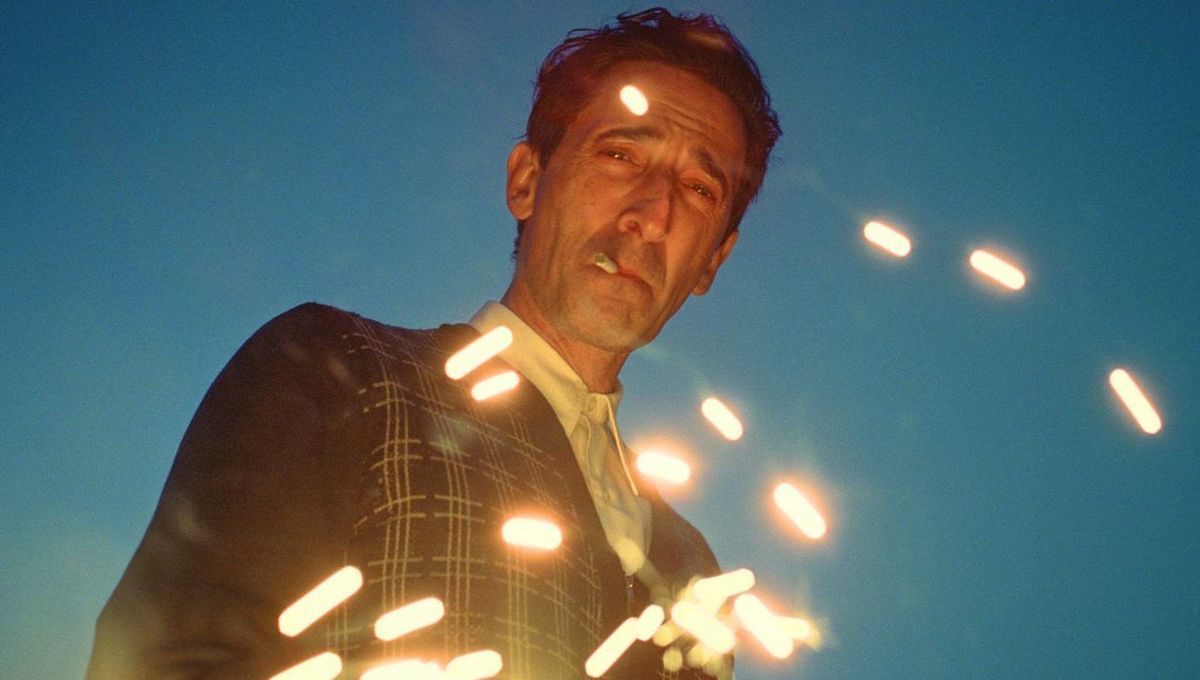“This is just a part of moviemaking… We mess with actors’ voices all the time.” With these words, David Cronenberg expressed his support for Brady Corbet, the director of "The Brutalist", which was nominated for ten American Academy Awards and won three, including the Best Actor award for Adrien Brody. The Canadian filmmaker was speaking at a London Soundtrack Festival talk with career-long collaborator Howard Shore. "I have to confess, there was a scandal with The Brutalist," Cronenberg said. "I think it was a campaign against The Brutalist by some of the other Oscar nominees. It's very much a Harvey Weinstein kind of thing, although he wasn't there," he concluded.
“The Brutalist” became the subject of debate after its editor revealed that generative AI had been used in the making of the film. In an interview with video tech publication RedShark News, Oscar-nominated film editor Dávid Jancsó said that production had turned to Ukrainian software company Respeecher, which specialises in AI voice generation technology, to make Felicity Jones and Adrien Brody sound more authentic when speaking Hungarian. Jancsó, a native Hungarian speaker, said he fed his own voice into the AI model, which was then used to help Jones' and Brody's characters nail some of the film's trickier Hungarian dialects.
The news prompted some people - especially on social media - to talk about an unfair and unethical way to get better results, even going so far as to suggest boycotting the film for this reason.
The reactions led the director of the film to state that “Adrien and Felicity’s performances are completely their own.”According to Corbet “they worked for months with dialect coach Tanera Marshall to perfect their accents. Innovative Respeecher technology was used in Hungarian language dialogue editing only, specifically to refine certain vowels and letters for accuracy. No English language was changed. This was a manual process, done by our sound team and Respeecher in postproduction. The aim was to preserve the authenticity of Adrien and Felicity’s performances in another language, not to replace or alter them and done with the utmost respect for the craft.”
For his part, the editor of "The Brutalist" specified that "the film was independently financed, with a budget of less than $10 million”. Using Respeecher to fine-tune the Hungarian dialogue allowed the creative team to speed up the film's already lengthy 18-month post-production process. “It's really just a matter of replacing letters here and there, said Jancsó. “You can do that in Pro Tools, but we had so much Hungarian dialogue that we really needed to speed up the process. Otherwise we'd still be in post”.
Speaking at the London Soundtrack Festival, Cronenberg compared his editing of his 1993 film M. Butterfly to that of The Brutalist: "In the case of John Lone (the actor who played the role of Song Liling), when he was this character, this singer, I raised the pitch of his voice, and when he's revealed to be a man, I lowered it to his natural voice. "This is just part of filmmaking," the veteran director concluded.
With the consent of James Earl Jones, Respeecher software company recently entered into an agreement with Lucas film to help them make Jones' voice available for use in future projects featuring the character of Darth Vader.
While artificial intelligence seems to be increasingly accepted in the audiovisual industry, the dialogue around the ethical issues surrounding its use seems to be at a relatively early stage.
--
Photo credit: Theatrical release poster
Photo source








